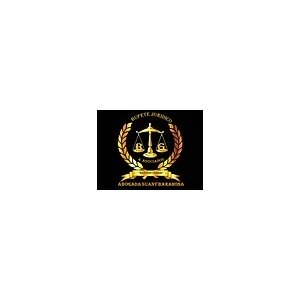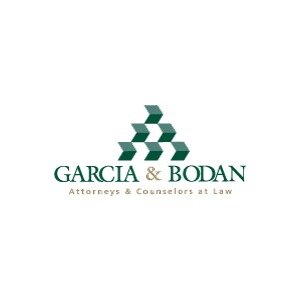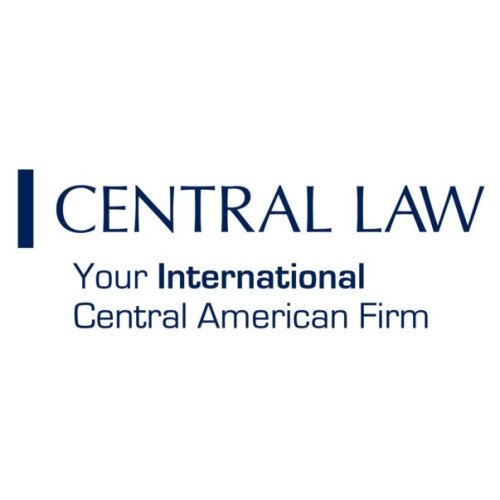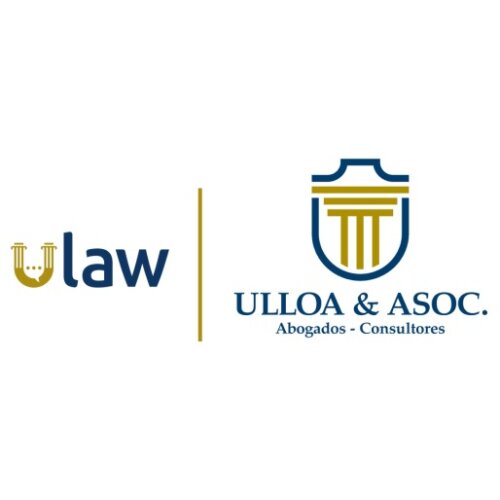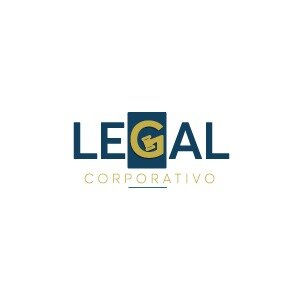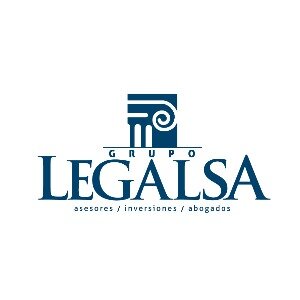Best Banking & Finance Lawyers in San Pedro Sula
Share your needs with us, get contacted by law firms.
Free. Takes 2 min.
List of the best lawyers in San Pedro Sula, Honduras
About Banking & Finance Law in San Pedro Sula, Honduras
Banking and finance law in San Pedro Sula, Honduras, encompasses the legal regulations and practices that govern financial transactions, banking institutions, and financial services in the city. These laws aim to ensure the stability and transparency of the banking and financial sector, as well as protect the rights and interests of individuals and businesses involved in financial activities.
Why You May Need a Lawyer
There are several situations where you may require the assistance of a lawyer specializing in banking and finance law in San Pedro Sula. Some common reasons include:
- Legal advice and representation for banking transactions, such as loans, mortgages, or investments.
- Assistance in understanding complex financial regulations and compliance requirements.
- Protection of your rights and interests in disputes or litigation related to banking and finance.
- Guidance on regulatory and compliance issues for financial institutions or businesses in the banking sector.
Local Laws Overview
It's important to be aware of the key aspects of local laws related to banking and finance in San Pedro Sula, Honduras. Some crucial points include:
- The Central Bank of Honduras is the primary regulatory authority responsible for overseeing the banking and finance sector in the country.
- Financial institutions must comply with anti-money laundering and counter-terrorism financing regulations.
- Honduran law provides consumer protection measures, including rules related to interest rates, loan agreements, and financial product disclosures.
- There are regulations governing securities and stock exchange operations in Honduras.
- Tax laws, both domestic and international, may impact banking and financial transactions.
Frequently Asked Questions
Q: What is the minimum capital requirement to establish a bank in San Pedro Sula, Honduras?
A: The minimum capital requirement to establish a bank in San Pedro Sula, Honduras, is currently set at $10 million.
Q: Are there any restrictions on foreign investment in the banking sector in San Pedro Sula?
A: Foreign investment in the banking sector is allowed in Honduras, subject to certain regulatory requirements and approvals.
Q: What are the penalties for non-compliance with anti-money laundering regulations?
A: Non-compliance with anti-money laundering regulations can result in severe penalties, including fines, imprisonment, and the revocation of banking licenses.
Q: Are there any specific regulations governing online banking services in San Pedro Sula?
A: Yes, there are specific regulations in place to ensure the security and confidentiality of online banking services, including data protection and authentication requirements.
Q: Can I sue a financial institution for improper handling of my funds?
A: If a financial institution has mishandled your funds or breached its contractual obligations, you have the right to take legal action against them to seek compensation for any damages incurred.
Additional Resources
- Central Bank of Honduras: https://www.bch.hn/
- Honduran Banking and Insurance Commission: http://www.cnb.hn/
Next Steps
If you require legal assistance in the field of banking and finance in San Pedro Sula, Honduras, it is recommended to:
- Research and identify reputable lawyers or law firms specializing in banking and finance law.
- Schedule a consultation to discuss your specific case or situation.
- Prepare any relevant documentation or information to provide to the lawyer during the consultation.
- Ask questions and seek clarification regarding their expertise, fees, and recommended course of action.
- Select the lawyer you feel most comfortable with and proceed according to their guidance.
Lawzana helps you find the best lawyers and law firms in San Pedro Sula through a curated and pre-screened list of qualified legal professionals. Our platform offers rankings and detailed profiles of attorneys and law firms, allowing you to compare based on practice areas, including Banking & Finance, experience, and client feedback.
Each profile includes a description of the firm's areas of practice, client reviews, team members and partners, year of establishment, spoken languages, office locations, contact information, social media presence, and any published articles or resources. Most firms on our platform speak English and are experienced in both local and international legal matters.
Get a quote from top-rated law firms in San Pedro Sula, Honduras — quickly, securely, and without unnecessary hassle.
Disclaimer:
The information provided on this page is for general informational purposes only and does not constitute legal advice. While we strive to ensure the accuracy and relevance of the content, legal information may change over time, and interpretations of the law can vary. You should always consult with a qualified legal professional for advice specific to your situation.
We disclaim all liability for actions taken or not taken based on the content of this page. If you believe any information is incorrect or outdated, please contact us, and we will review and update it where appropriate.
Browse banking & finance law firms by service in San Pedro Sula, Honduras
San Pedro Sula, Honduras Attorneys in related practice areas.






